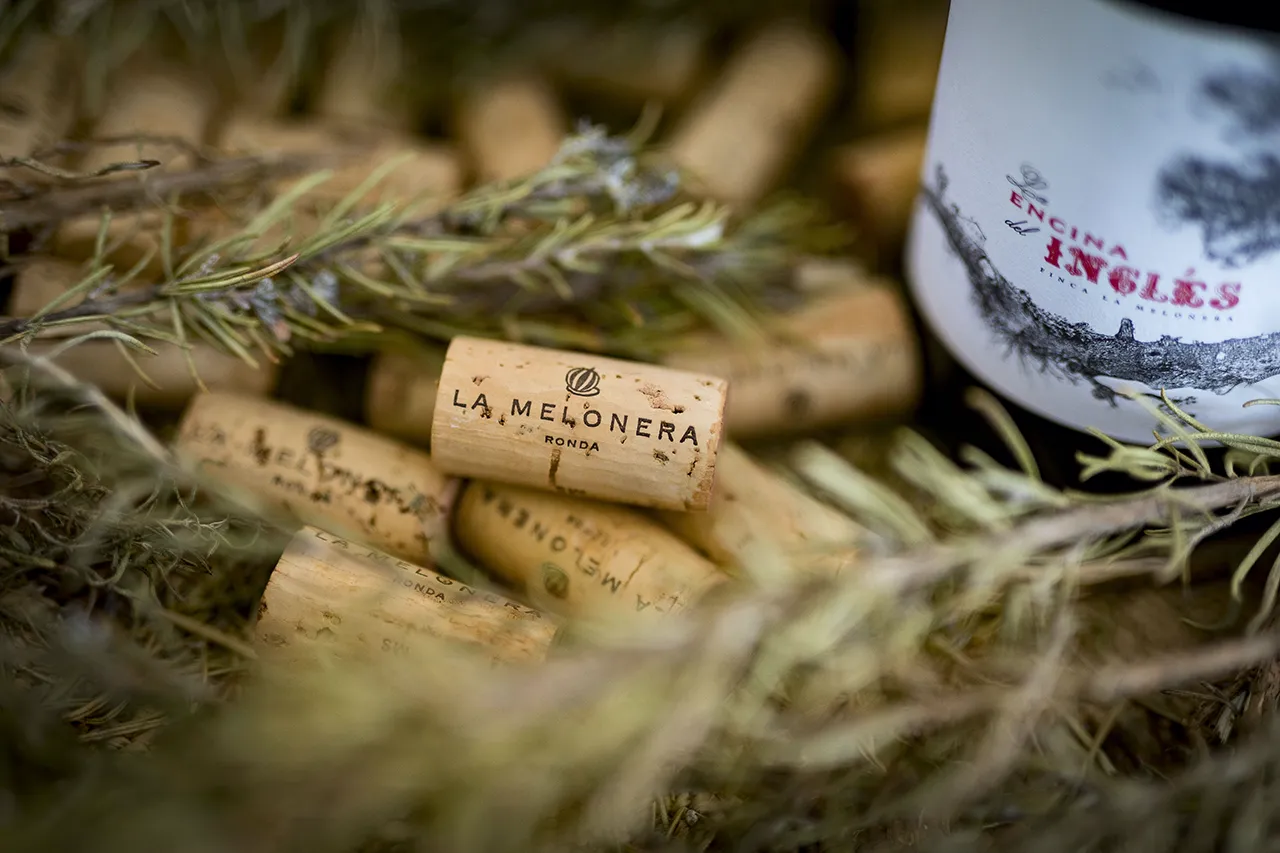Philosophy
The La Melonera project is based on two fundamental principles: on the one hand, bringing back historic varieties and, on the other, establishing an excellent viniculture in harmony with the characteristics of the land they belong to.
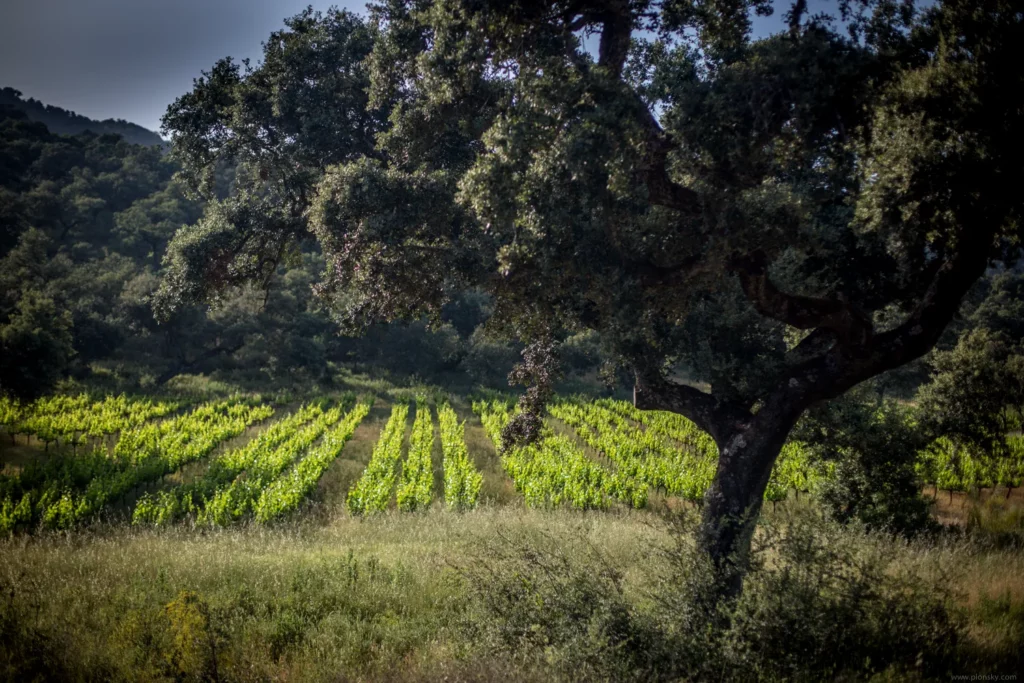
Bringing back historic wines
At the end of the 19th century, the phylloxera plague devastated the region of Ronda, killing off practically all of the native varieties detailed in the book by Rojas Clemente.
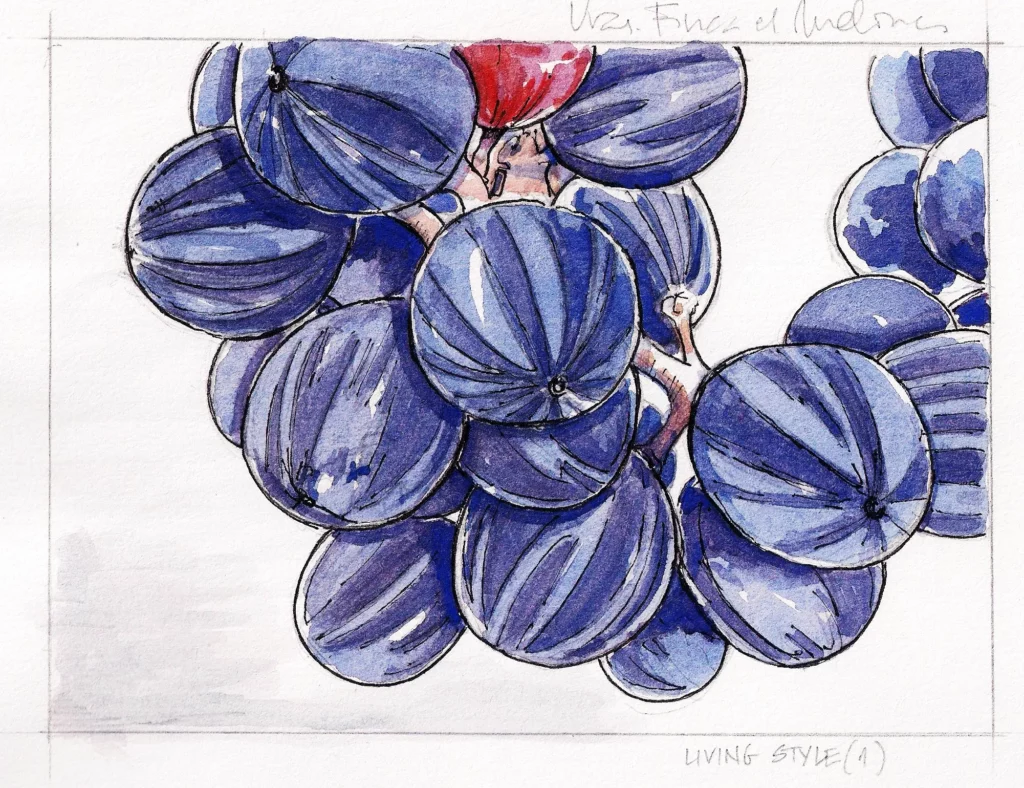
Illustrator: Fernando Sánchez-Beato Ruiz
La Melonera winery was born with the aim of reviving those varieties which adapted to the land for more than 3000 years to create a viticulture of excellence that enriches the current monotonous panorama of the wines of the world.
Paradoxically, the innovation would be aimed at reviving grapes used in the most ancient wine-making traditions of the world, as well as the first grapes used for wine production in the new world, such as the Tintilla, Blasco, Rome and Melonera, among others. While the team of experts were working on reviving these vines, they made sure to include them in the current records, since most of them were considered extinct due to their exportation to the new world. The Romantic travellers of the 19th century, such as Hispanist Richard Ford or the British Prime Minister Benjamin Disraeli, travelled through this area on their way to Granada, in what was known as the Great South Tour, and renowned writers such as James Joyce, García Lorca or Hemingway all had words of praise for the sun-baked land of endless skies and good wine.
La Melonera winery was born with the aim of reviving those varieties which adapted to the land for more than 3000 years to create a viticulture of excellence that enriches the current monotonous panorama of the wines of the world.
A viniculture of excellence
With the aim of achieving the highest possible standards, we have designed new, unprecedented methods for supporting and controlling these young vines, which are properly ventilated and exposed to the sun in such a way that, in just a short period of time, they can simulate the same conditions and arrangement that older vines take several years to reach.
In this regard, we have developed a double trellis system and a ring structure that contains and guides the plant, providing it with a greater surface for its foliage, resulting in the production of loose, small grapes, which allows them to ripen more homogeneously and which also helps preserve the distinguished primary aromas of each variety.
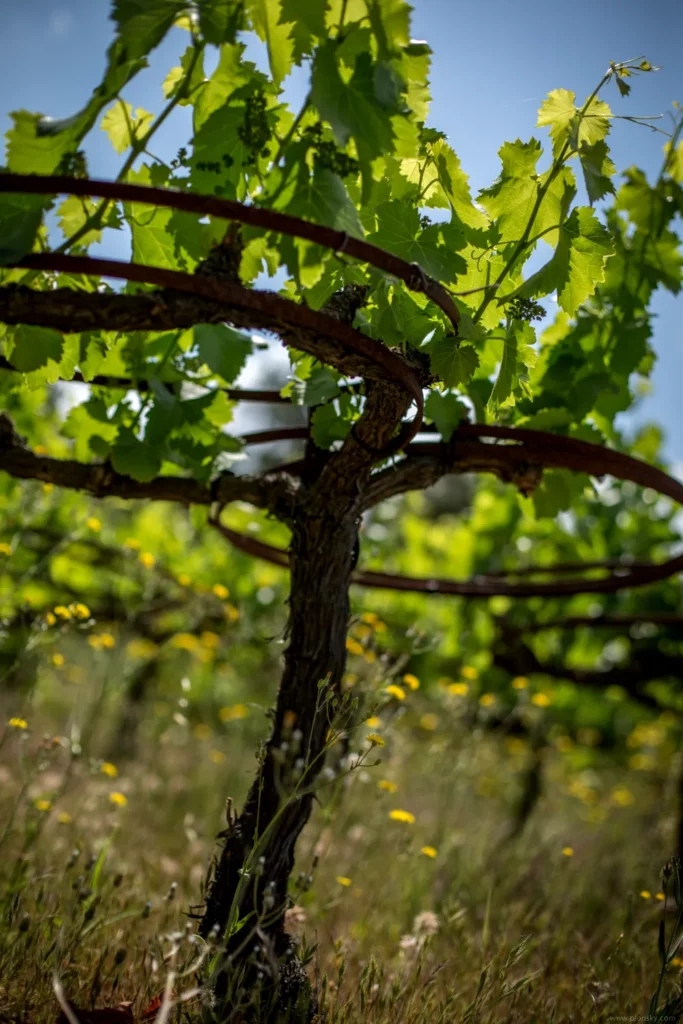
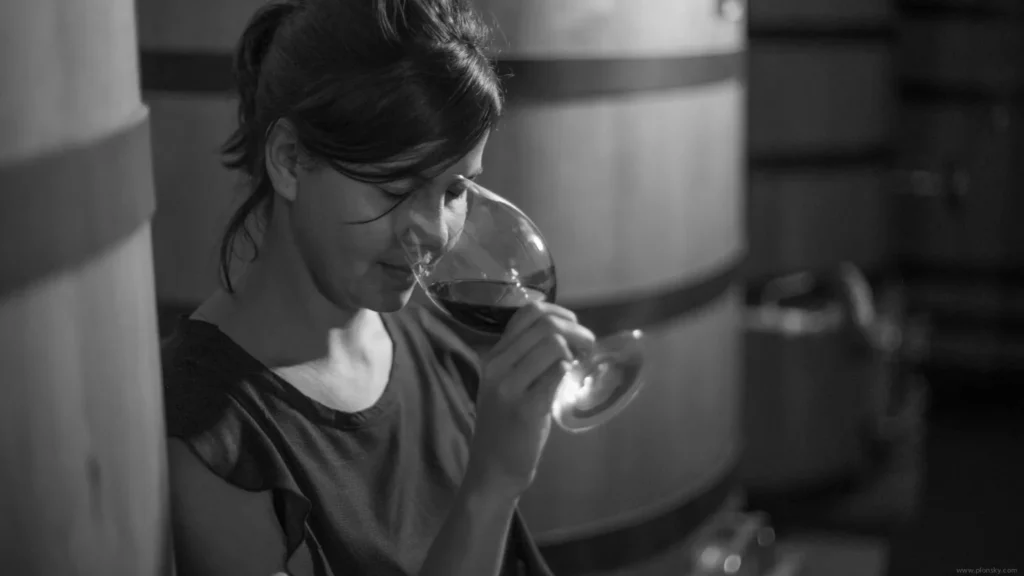
WineCreator
For a few days in 2008, the region of Ronda became the world capital of wine. Through an event called WineCreator, La Melonera hosted twenty of the most noteworthy critics and oenologists of the world to try new flavours and discuss their impressions in an environment where they sampled some of the best wines in the worlds.
We took the best ideas, made them part of our philosophy and applied them to our day-to-day operations at the winery, and we hope to continue to have an open dialogue with the major figures of the world of winemaking.
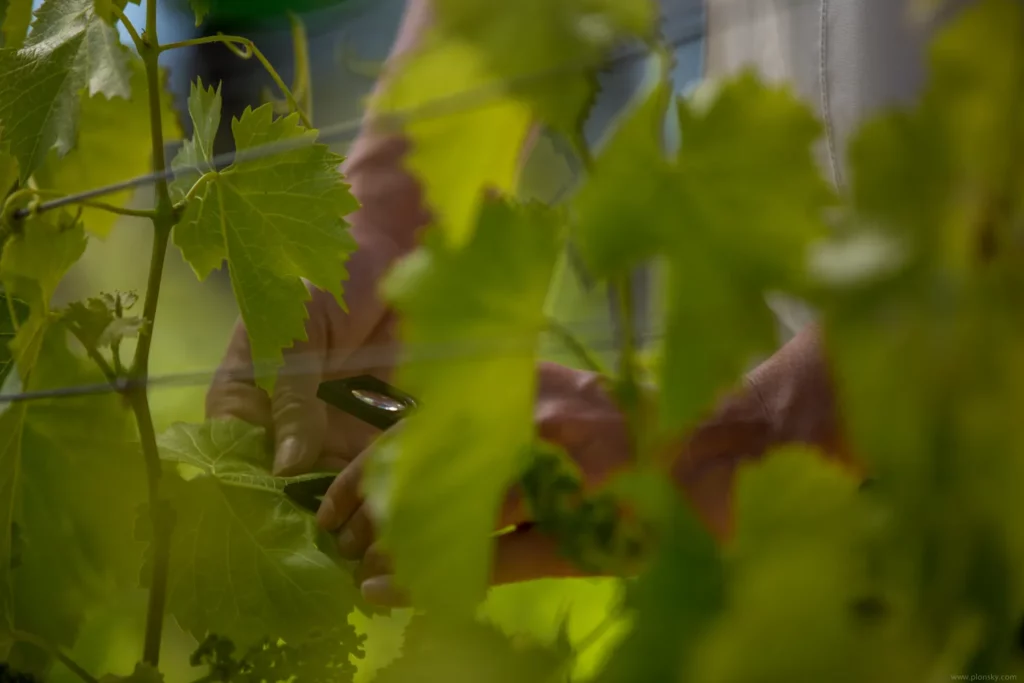
The arrangement of our vineyards and the way the grapes are harvested involves a profound respect for ecological agriculture and includes a variety of conditions that enormously enrich our creative possibilities.
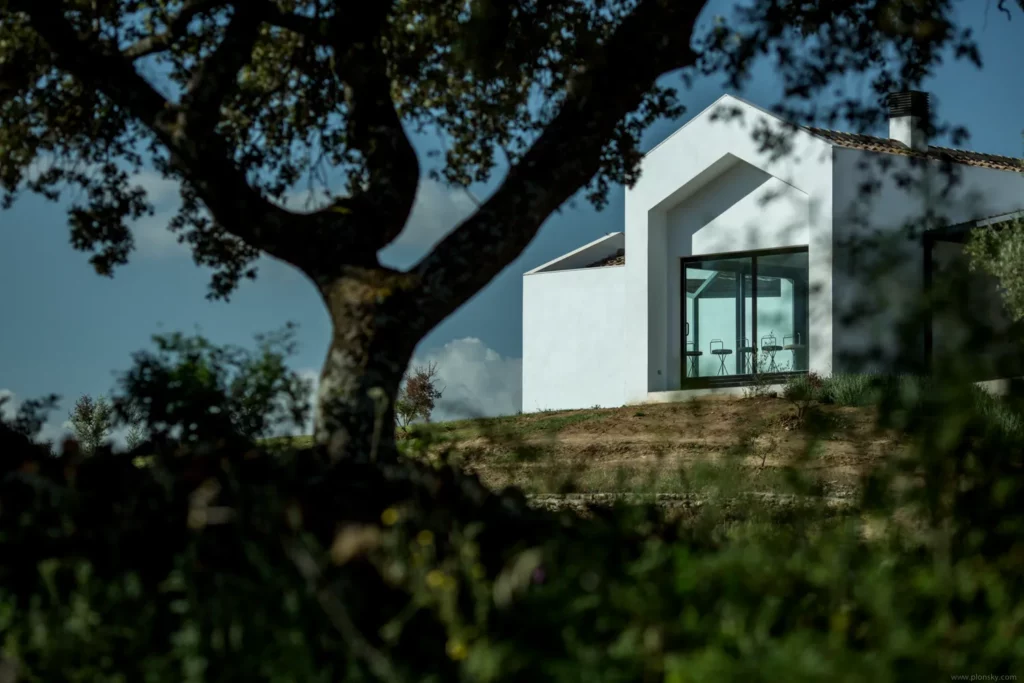
The secrets of artisanal agriculture
We are aware of the richness of inherited tradition, and all of the knowledge gained from previous inhabitants of the area has been taken into consideration and applied, down to the very last detail, from the Roman wells and Arabic tile drains that provide a water-collection system that is respectful to the environment, to the half-monthly pruning of centennial Holm oaks and oak trees that absorb the temperature changes and help keep the vines moist.
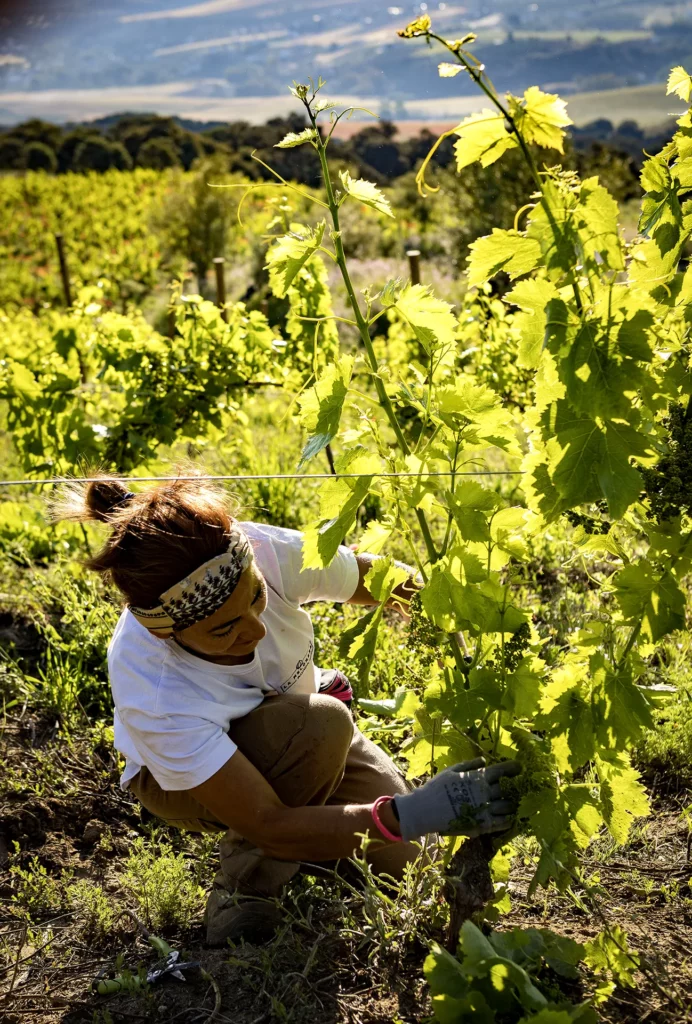
All of this forms part of a production that is by no means complacent environmentalism, but rather a true commitment through these practices to a patient and thorough activity, such as that of viniculture. Not only do we forbid the use of pesticides and chemicals, but even for the crops that are not grapevines, the seeds that are used are extracted from natural fruits, thereby ensuring the purity of the process.
The detailed varieties
It is said that variety is the spice of life; at La Melonera, variety is the rule.
With vineyards on the grasslands, as well as beyond them, and on flat terrain and plots of clay soil, loam, with some parcels featuring limestone, in addition to double trellises that lead to root competition between the vines, including structural rings that contain them and provide them with a prime foliage surface, and with an altitude range on the terrain that enhances the moisture and temperature differences in the area, the richness of the nuances and different options we have for producing our wines allow us to make an original and unparalleled product, which is topped off by the final step of bottling.
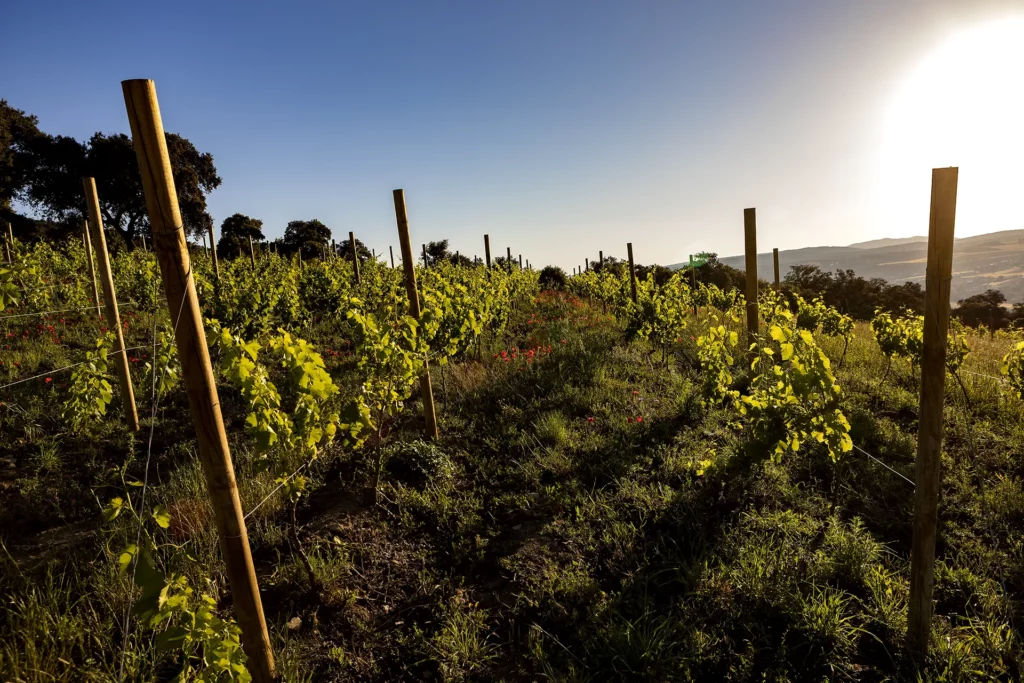
Our
Wines
Shop




